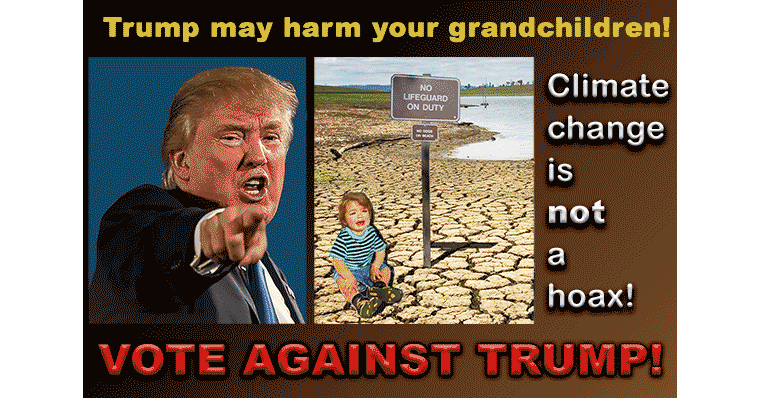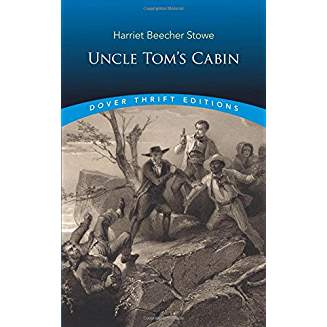The undisputed father of public relations was Edward Bernays. His mother was Sigmund Freud’s sister; his father’s sister was Freud’s wife. He taught the world that facts and truth do not persuade the public. It is Freudian psychology that moves public opinion.
Freud believed sex and other deep-seated instincts controlled one’s mental state. Today those in favor of ignoring the climate crisis have successfully portrayed the Toyota Prius as a “wimpy” car. Big, gas-guzzling SUVs are manly, strong, and virile. Similarly, solar power and wind power can’t “get it up” when the sun is not shining or the wind is not blowing. Coal-fired power plants are big, strong, and always up to the task. Of course, Bernays is the reason car commercials frequently show sexy women.
Climate scientists talk of two degrees Celsius, 450 ppm, and three meters sea-level rise. There is no Freudian psychology with that. Even when we talk of the millions who may become climate refugees, or even the thousands who have already died from global-warming-enhanced storms, there are few subconscious emotions. Facts do not persuade. People accept “alternative facts” as equal to scientific facts. Facts are not trusted. They do not draw large audiences. People trust and act upon hormone-driven feelings deeply embedded in our psyches.
So how do we persuade the world to mitigate climate change? How do we save the lives of our children, and perhaps even save the planet? We have to use what wins: reach for the hormones, not the brains. We also need large audiences to hear us.
The campaign staff of Lyndon Johnson (LBJ) knew the writings of Edward Bernays. Their Daisy commercial was largely responsible for LBJ’s 1964 election landslide. It showed a 3-year old girl picking daisies, with the strong implication that she is obliterated by a nuclear bomb. That hit the maternal (and paternal) hormonal instincts extremely hard.
Greta Thunberg’s Katowice, Poland, UN Climate Change Conference speech touched the same parental instincts. She was fifteen, nervous, with hair out of place, and showed symptoms of Asperger’s syndrome. That speech made her famous in the climate-activist community. She was and still is wonderful for the environmental-crisis cause, but today she is well-groomed and more angry than nervous. She is less convincing now than she was then when she more strongly touched upon parental instincts. She also now attracts nasty, and perhaps evil, ridicule.
Jane Fonda, at 80, gets arrested every Friday fighting the climate crisis. Because of her acting talent, fame, and history, her activism reaches a large audience, but it does not change public opinion. The sexy and beautiful Barbarella (a character she played when she was young) was a persuasive campaigner for the anti-Vietnam War cause because she appealed to our sex drives. Most men wanted her. Many women wanted to be her. Even then, though, she also attracted nasty ridicule: Hanoi Jane. Despite the ridicule, the climate fight needs activists who reach audience’s sexual desires.
The Beatles persuaded young people everywhere to grow their hair long. How? By writing and performing romantic and sexy songs. Consider the lyrics to “She Was Just Seventeen.” One of the things that made Bob Dylan’s “The Times They Are A Changing” such a powerful song was his use of the human instinct to “join the herd.”
So, what is needed to persuade the public to stop the climate crisis? Sexy scientists? No. The image of the beautiful Dr. Kim Cobb, throwing her fist in the air while speaking at a “Stand Up for Science” rally will stick with me for the rest of my life. But, unfortunately, sexy scientists giving speeches do not reach large audiences. I’m one of the few people who saw it.
To mitigate the upcoming climate disaster, we not only need to use Freudian urges, we also need people with the talent to attract large audiences. We need sexy, young Jane Fondas, romantic Beatles, Bob Dylans, poets, novelists, and even presidential candidates. But they all have to use techniques that reach the subconscious mind of the public. Facts, truth, and science cannot persuade the average person to save the planet. Using our deepest, darkest urges perhaps can.
The ideas of Bernays, involving Freudian psychology, can be just as persuasive today as the Daisy commercial was in 1964. We need such persuasive strength today.
I am finishing the writing of a powerful global warming novel as part of my personal war against the climate crisis. I am confident it shows enough artistic quality to draw a large audience. I believe I’ve made it persuasive, in a Bernaysian way. But my novel, Mourning Dove, needs your help. Friend me on Facebook, Follow me on Twitter, and connect with me on LinkedIn. Mourning Dove needs a great publishing company to market it and print a lot of copies. Publishers look at an author's social media numbers as a sign of potential buyers. So please friend me, follow me, and connect with me, and comment on what I post. Consider it as doing a small part in saving humanity from the ravages of global warming. Thanks.







